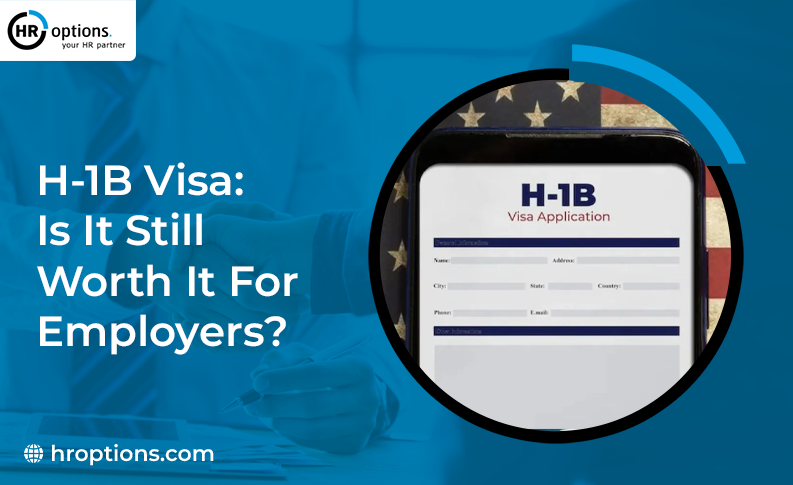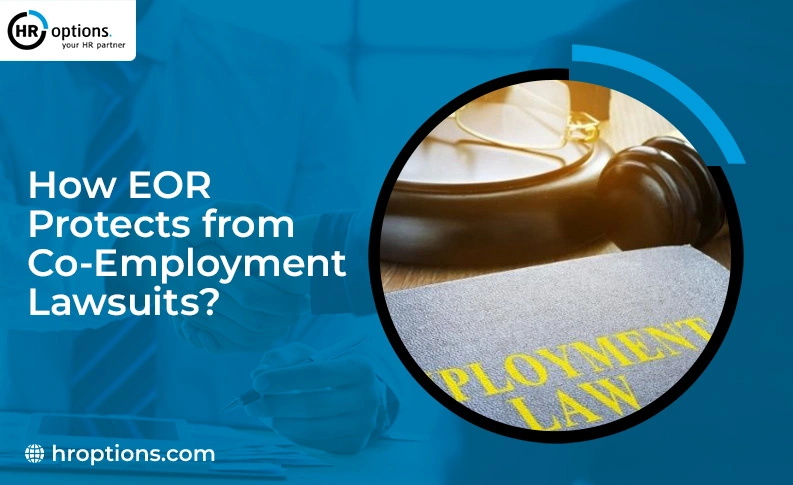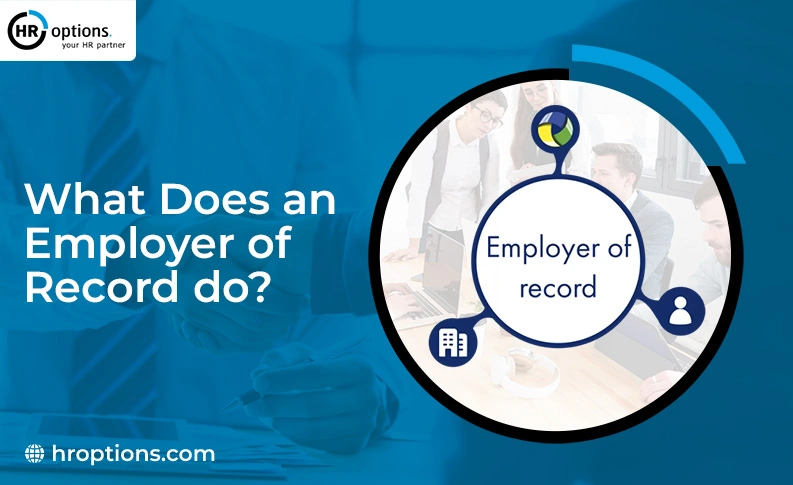One way to take care of your employees is to have a department that focuses with the employees needs and that would be the Human Resource or HR department.
HR has a variety of tasks that they need to fulfill to create a great environment for every employee of the company and show them they are valued. Because of those various tasks, the department would normally have different positions and roles so that each one could focus on their own function.
But what does the human resource department do exactly? Well, we’re here to discuss a little more about the human resource structure and their functions.
WHAT IS HUMAN RESOURCES?
A Human Resource (or HR) personnel is a professional who is in charge of keeping the employees engaged with the company and making sure that they are working in a safe environment. HR also makes sure that every employee’s well-being is monitored and addresses any issues that may keep the employees distracted from their daily functions.
In short, Human Resources deals with everything worker-related. This includes recruiting, firing an employee, training, promoting and even onboarding. They also plan and organize activities that will raise the employee morale and engagement in the company.
The HR department also manages payroll and employee benefits, as well as organize training or seminars that can help develop the skills and knowledge of existing employees.

THE CORE FUNCTIONS OF HR
Being part of the HR department is a huge undertaking in a company as this department handles a plethora of responsibilities in aiding in the well-being of every employee. You may already know some of the functions of HR, but let’s briefly discuss some of them.

Hiring/Recruitment
Recruiting new employees is one of the top responsibilities of the HR department. They complete all the necessary tasks to hire employees, like advertising the job post, filtering out the applicants through screenings and interviews, and doing background checks to assess prospective employees better.
But, it is not enough for them to just hire just anyone. They will hire the individual(s) who fits the position best. They will be looking to reach out to a high-quality candidate who has the skills, knowledge and potential needed for the job.

Onboarding/Training
Once they hire the best candidate, the next step is to conduct training, and this training is still managed by the HR team. They will onboard the new employees to learn the specifics of their position and to let them know more about the culture and policies of the company.
Training is not always just for new hires though, but may also be organized for the existing employees of the company. Training is for the continuous development of each employee and to give them new resources in case there are new processes they need to learn to better streamline their work.

Payroll
One of the important matters for every employee is their salary. HR also manages the payroll of every employee.
The moment they post a job hiring, they should already have a salary range they can offer someone. This salary should be fair to both parties, the candidate and the company as both parties have budgetary constraints.
Once an employee is hired, the monthly payroll is also managed by the HR department. They calculate all earnings and make sure that all the necessary deductions like the taxes and government contributions are deducted correctly.
It is the HR’s responsibility to provide an accurate paycheck to every employee on time. It is their responsibility to their employees and so that they are compliant with employment law.

Compensation/Benefits
Apart from the salary, benefits and compensation are also managed by the HR department. They often offer competitive compensation and benefits to their candidates to pursue them in signing up for a contract and work with the company.
HR also negotiates with third party providers to get the best and appropriate benefits for their employees such as group health insurance and retirement plans.
When an employee is promoted and has an increase in their salary, HR also works on that. The same holds true is if there is a decrease in their compensation.

Employee Relations
HR departments always aim to give the best and a peaceful work environment for employees. If anything comes up to disturb the peace in the organization, they step up and find a solution to it.
This includes them mediating any disagreements between an employee and their managers or co-workers. They also help discuss employee rights with the management, stakeholders and even with the unions.
It is HR’s responsibility to voice out any issue the employees do face and help solve it. If there is any harassment or abuse of power in the workplace, they also investigate it. They stand as the bridge for communication between employees and employers so they can all stay on the same page.

HR DEPARTMENT STRUCTURE
HR departments always aim to give the best and a peaceful work environment for employees. If anything comes up to disturb the peace in the organization, they step up and find a solution to it.
This includes them mediating any disagreements between an employee and their managers or co-workers. They also help discuss employee rights with the management, stakeholders and even with the unions.
It is HR’s responsibility to voice out any issue the employees do face and help solve it. If there is any harassment or abuse of power in the workplace, they also investigate it. They stand as the bridge for communication between employees and employers so they can all stay on the same page.
1. Chief Human Resources Officer (CHRO)
This person reports directly to the company CEO and is responsible for the human capital strategy. This person also focuses on how their HR programs can help in growing more revenue for the company.
2. Vice President of HR
This position is responsible for the business metrics, analytics and reporting of how the HR programs and services increase revenue. He or she reports directly to the CHRO.
3. HR Business Partner (HRBP)
An HRBP is usually a consultative position which builds relationships and provides resources while focusing on the objectives and goals of the organization.
4. Recruiting Director
This person is in charge of all hiring and recruiting for the company. He or she is the decision maker for new employees and they may also be responsible for budgeting, allocation and strategic planning of talent acquisition and recruitment.
5. HR Director
The responsibility of an HR director is more about gaining results for the organization relative to human capital. They are also responsible for the budgets and decisions on buying software and systems which helps the HR department to be more systematic and efficient.
6. Compensation and Benefits Manager
The key responsibility of this role is to manage and coordinate about the benefit plans of an employee that includes health and life insurance. They also manage employee assistance programs such as tuition reimbursement and the like..
7. HR Specialist
This role focuses on administrative tasks such as payroll and administration. They also manage training and orientation for new employees. Employee relations, compliance and program management are also some of their responsibilities as well.
8. HR Generalist
This role is a very broad one as it oversees many functions like compliance, recruitment, employee relations, handling benefits and compensation. They also oversee Equal Employment Opportunity Commission or EEOC investigations and claims.
9. Human Resource Information Specialist (HRIS)
HRIS manages the HR and recruiting technologies. The role is highly technical with the familiarity about the recruiting and HR processes. There could be multiple HRIS positions that focus on specialty areas depending on the company size.
10. Recruiter
A recruiter’s role is to handle hirings for the applicants who applied for the posted positions. They are also in charge of recruiting individuals who haven’t applied for the position yet, but seem to have the quality they are looking for.
11. Recruiting Coordinator
This is an administrative position that is responsible for recruiting tasks like campaign coordination and candidate outreach. They also report updates and data to their lead or senior recruiters.
12. HR Coordinator
HR coordinators have various tasks such as scheduling interviews, process payroll, file reports and organize events. Because of that, if they are part of a large company, they usually have multiple people in this position to focus on each task.
All these positions could be seen in large companies with 1,000+ employees. For medium companies that have 100 – 999 employees, a CHRO and Vice President of HR are usually just one position without the HRBP.
Small businesses or startups that have less than 100 employees have the HR director/ manager as the highest position in the department. They also don’t have compensation and benefits managers. The department is usually composed of the HR specialist, HRIS, HR coordinator and recruitment coordinator.
CONCLUSION
We can’t hide the fact that any kind of business, from a startup small company up to large companies, needs a great HR department. Every business runs and succeeds with the work of every employee, so taking good care of those employees is a must.
To make sure that your HR department can handle all possible tasks, make sure that you have the appropriate HR personnel to deal with anything that may arise. . Each position of this department is important as they are responsible for different functions that will make the employees of the company stronger.

For over 35 years, HR Options® has provided highly personalized solutions aimed at identifying and filling supplemental human resource needs for clients throughout the U.S. and Canada. Whether augmenting your HR department or serving as a complete outsourced solution, our suite of services and experienced professionals will help you navigate through complex and ever-evolving employment regulations in the US and Canada.









